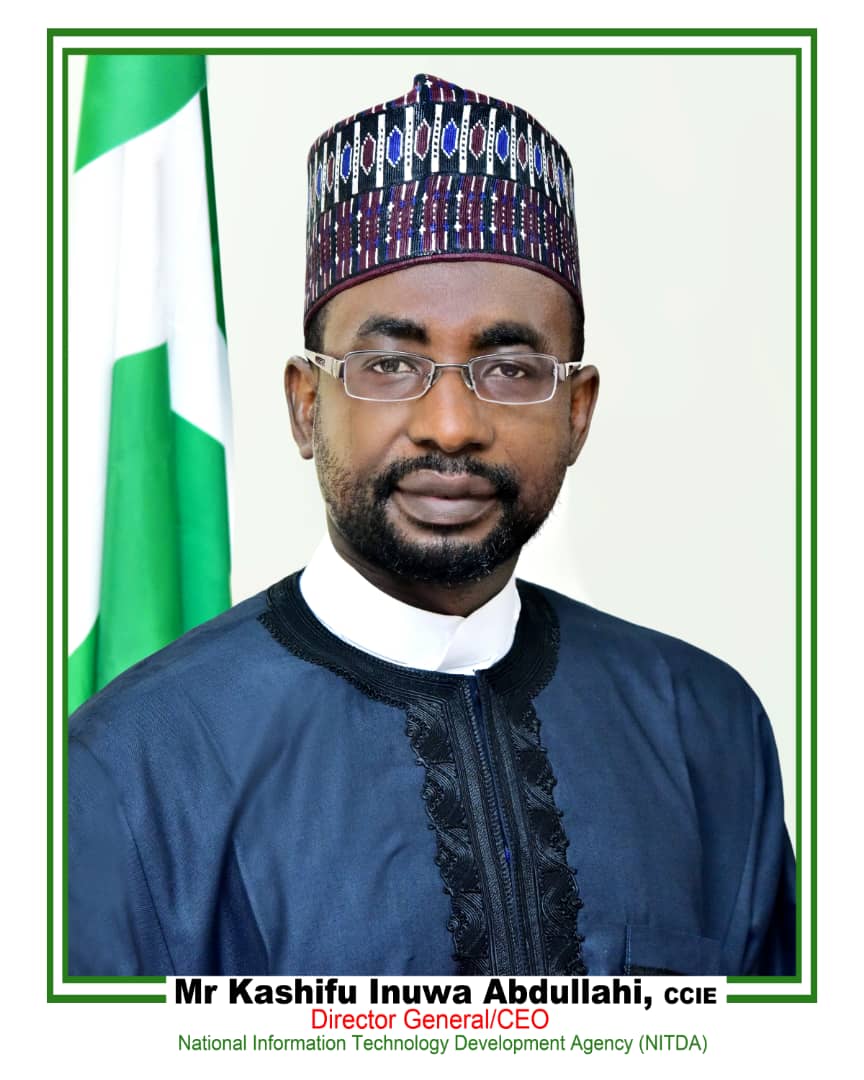Fresh discovery has emerged indicating that the near absence of local content policy in the operations and growth of Information and Communications Technology (ICT) in the country has provided window of escape for mega firms to be hiring more foreigners than Nigerians.
In an interview with the chairman of Association of Licensed Telecommunications Operators of Nigeria (ALTON), Engineer Gbenga Adebayo, he decried that 2017 remains the year when Nigerian government must introduce a clear local content policy in the ICT sector to grow the number of local players and block the trending shortchanging of Nigerians with workers from or in India and China.
According to him, “Lack of local content policy in ICT industry is one of the reasons behind poor remuneration for Nigerians and payment of salaries to foreign workers in foreign currencies”.
Though the leadership of the Nigeria Labour Congress (NLC) seems to have waded into the matter, it’s like it is not looking at it from the angle of formulating a local content law for the industry but keen to stamp out out-sourcing of jobs in the telecom sector, among others.
According to the NLC President, Mr. Ayuba Wabba “In this New Year, we shall work with the relevant arms and agencies of government to checkmate and halt the practices of multinational corporations especially in the telecommunication, and oil and gas sectors, who are adding to the economic crisis in the country by their new habit of out-scouring of jobs Nigerians can do to new destinations in Asia, especially Dubai and India.’’
Business Hilights recalls that before the end of 2016, leading telecoms services and BTS services provider, Ericsson had sacked over 300 Nigerian workers and their jobs ported to Indians. Since the report was made last year, the Federal Government has not made any statement or reaction either to signify anger or abuse of Nigerian workers.
Only recently, the Minister of Science and Technology, Dr. Ogbonnaya Onu also alleged that MTN Nigeria is about to be fully taken over by the same Indians, thus creating a tension which the company had since doused.
Studies have shown that several economies in Africa had put in place local content regulations especially in strategic industries like the ICT.
It was gathered that efforts of one of Nigeria’s leading data centre service provider, MainOne once attempted to open up business branch in South Africa but was technically frustrated by local content laws in South Africa because the local content law in South Africa is anchored on protectionism for nationals.








